
Africanist literary scholar Jeanne-Marie Jackson is the featured author in our series on what writers are reading. Jackson is an associate professor at Johns Hopkins University’s English Department. Her most recent book, The African Novel of Ideas (Princeton 2021), “reads African novels through the lens of African philosophy to craft a story of how the form has negotiated between liberal selfhood and liberal critique.” This year she was named an Andrew Carnegie Fellow and is also the editor of the “Field Reports” blog for Modernism/modernity. For this book list, Jackson tells us what she is currently reading, her to-be-read list, some notable books of the year, and also recommends books she’s read in the past and really loved. If you’re interested in learning more about each book or would like to buy a book, there is a list below the essay with each book mentioned, the synopsis, and buy link.
***
As a full-time literary scholar, a sometime literary critic, and a person who just loves to read once her kid is in bed, it can be hard to decipher which books I turn to for “work” and which for pleasure. I have a set of geographies that I’m deeply committed to, and I keep up as best I can with whatever is published from and/or about them. There are also a few small publishers whose taste I find reliably excellent – Archipelago, Transit, and Indigo – and so I’m rarely without a book from their lists in my pile. My recent academic work has taken me into the field of intellectual history, which, along with novels and short stories, is now among my go-to genres especially where Africa is concerned.
The first book I’ll mention, the Ghanaian writer Mohammed Naseehu Ali’s story collection The Prophet of Zongo Street, is from way back in 2005. I happened upon it this year based on a tip from my friend Tendai Huchu, and it’s got huge versatility: layered re-craftings of Hausa myths, explorations of self-consuming religious fervor, and edgy humor that sends up the frequent absurdity of racial and sexual politics. Ali is apparently hard at work on a new book, and I can’t wait to see where he goes from here.
I also recently finished (and wrote about) another Ghanaian debut, Ayo Tamakloe-Garr’s novel The Wolf at Number 4. Social mores surrounding what’s “sayable” and what’s not are strong in Ghana, especially surrounding women’s sexuality and patriarchal violence. I was pulled up short by Tamakloe-Garr’s pungently head-on approach to depicting the mundane, often devastating effects of codes of silence on character development. But Wolf is more than a social intervention: it’s a taut play on the gothic genre that leaves the usual setting of Accra for an atmospherically rich Cape Coast.
Rounding out the Ghana selections here, one of my touchstones right now is the Akan historian Kwasi Konadu’s unusual and ambitious monograph Our Own Way in This Part of the World: Biography of an African Community, Culture, and Nation. He focuses on an Asante blacksmith and spiritual and community leader named Kofi Dᴐnkᴐ in order to make sense of the relationship between different kinds of evidence for a life fully lived, some visible and some hidden, some clearly “historical” and some more defiant of either imperial or national frames of reference.
Heading south to the Cape Town suburb of Plumstead, Karen Jennings’ recent visibility with An Island, which was longlisted for the 2021 Booker Prize, has sent me back to some of her older work. I’ve been reading Travels with My Father: An Autobiographical Novel piecemeal, dipping in and out of her attempts to reconcile intimacy and strangeness in the process of grieving. And though it’s about as far off as possible in terms of setting, the imprint of grief on location is also a driving theme of a novel that blew me away earlier this year, Chia-Chia Lin’s exquisite Taiwanese-American tragedy The Unpassing.
Last but by no means least, I finally managed to finish a book I will no doubt be assigning in my “Social Media Fictions” class at Johns Hopkins, Richard Seymour’s The Twittering Machine. Social media is a fraught space for me, as it is for many of us, and Twitter was just beyond my psychological and emotional threshold across three different attempts to be present there. Seymour goes in deep to puzzle through what about these platforms is so enticing; he intermingles historical, philosophical, and psychological analyses to lay bare the various thrills and perversions of algorithmic social life. It is, as he rightly notes, one of the defining issues of our time.
As with most people balancing work, family, and an ever-expanding array of intriguing authors and titles, my to-read pile teeters ominously at my bedside and never seems to get smaller. I have started and not yet found time to do justice to Mpush Ntabeni’s new book The Wanderers; the just-released story collection The Dog of Tithwal by Saadat Hasan Manto (translated by Khalid Hasan and Muhammad Umar Memon); and Anuk Arudpragasam’s A Passage North. I am also eagerly awaiting publication of my friend and colleague Ankhi Mukherjee’s third monograph Unseen City: The Psychic Lives of the Urban Poor, about psychiatric culture and representations thereof in (mainly) Mumbai, London, and New York. Soon there will be 30 hours in a day, and I will get to it all!
*************


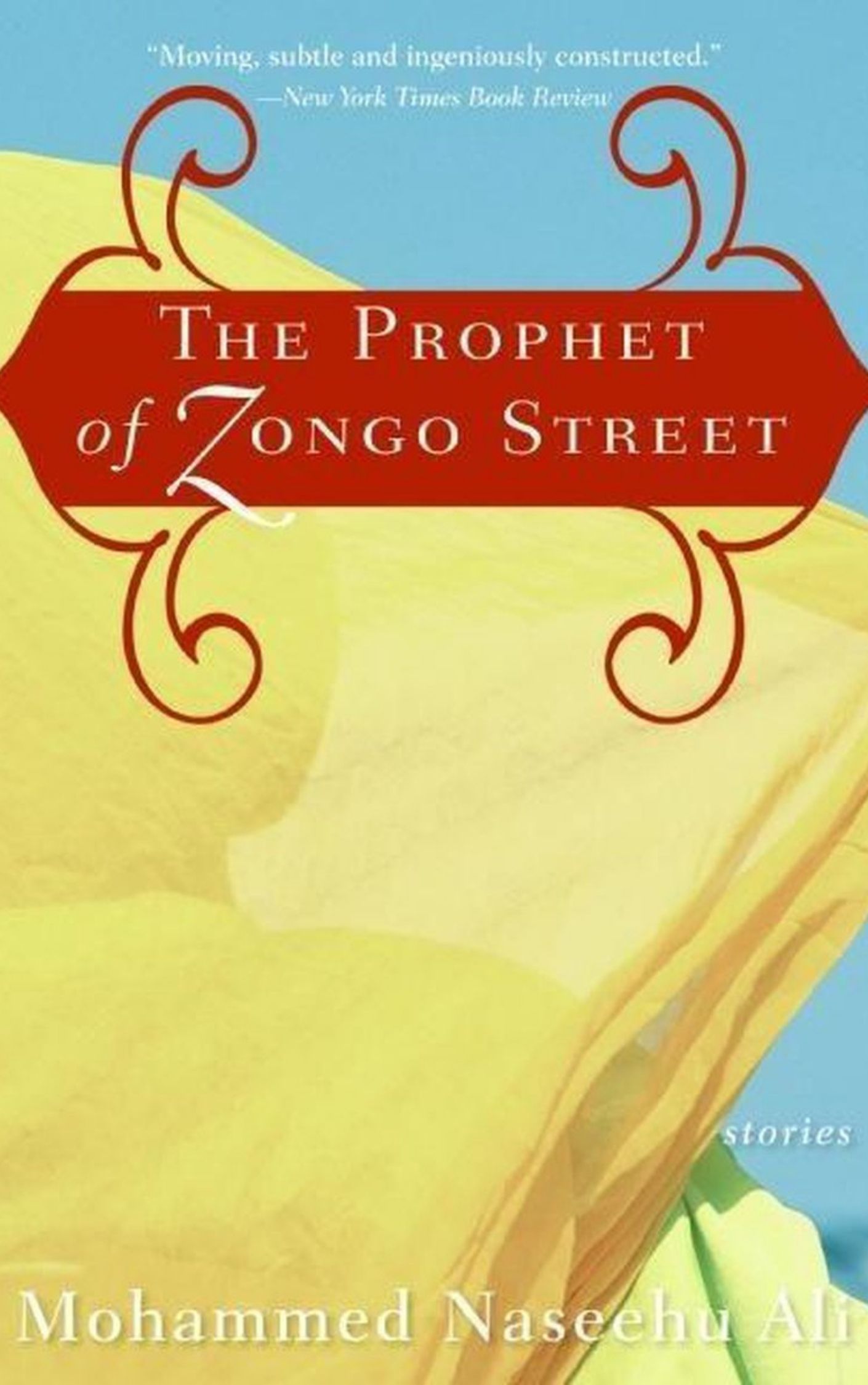
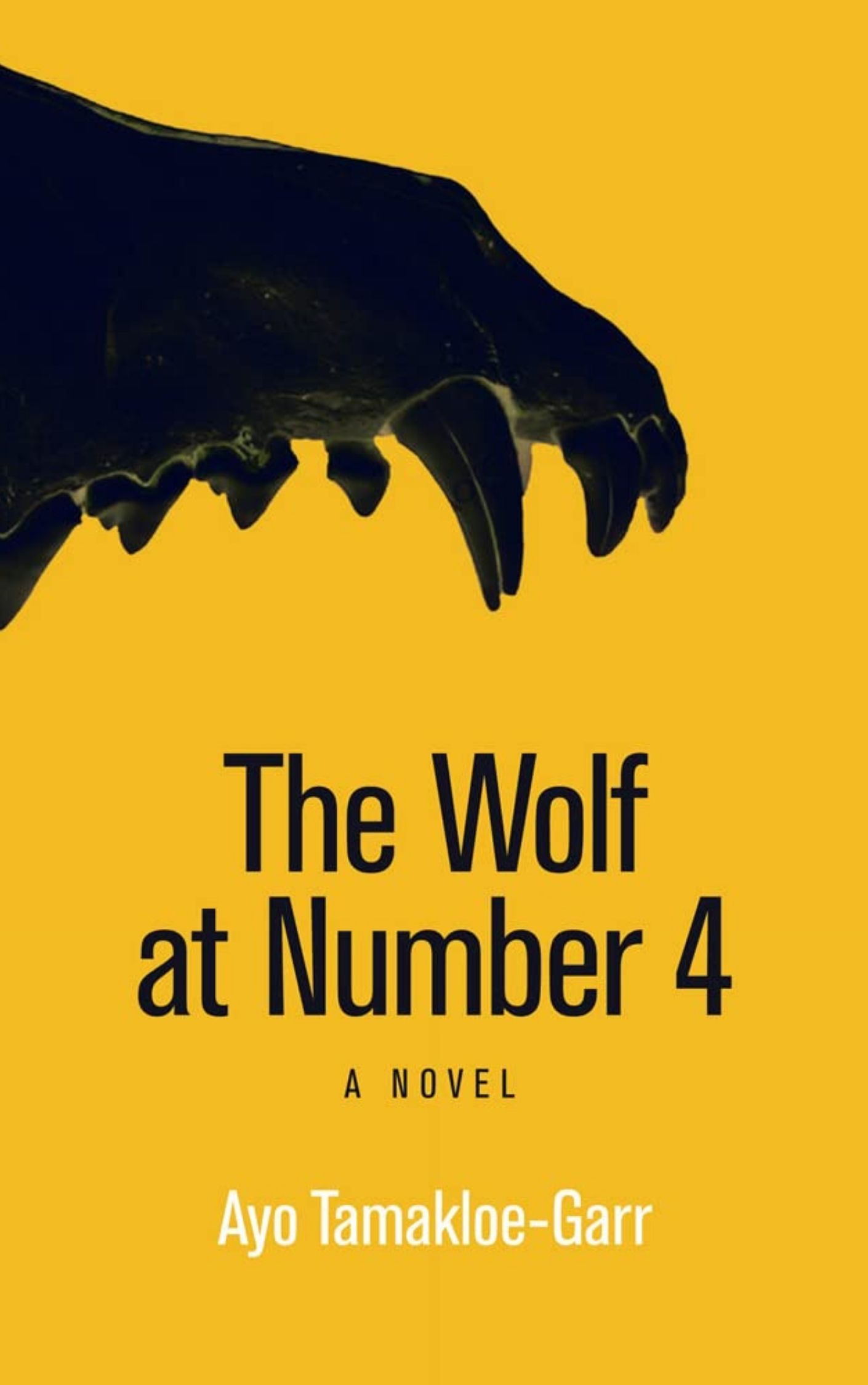
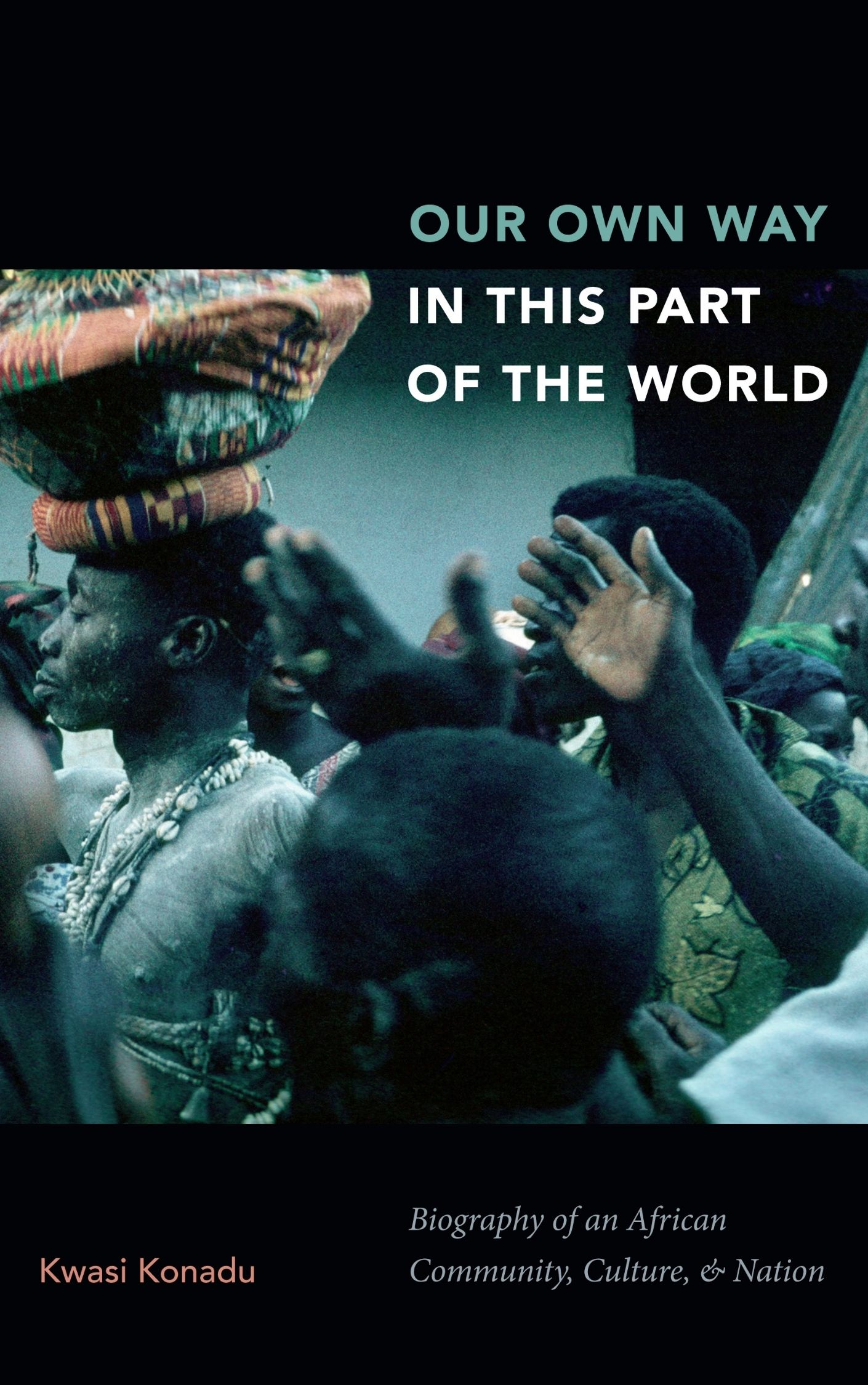
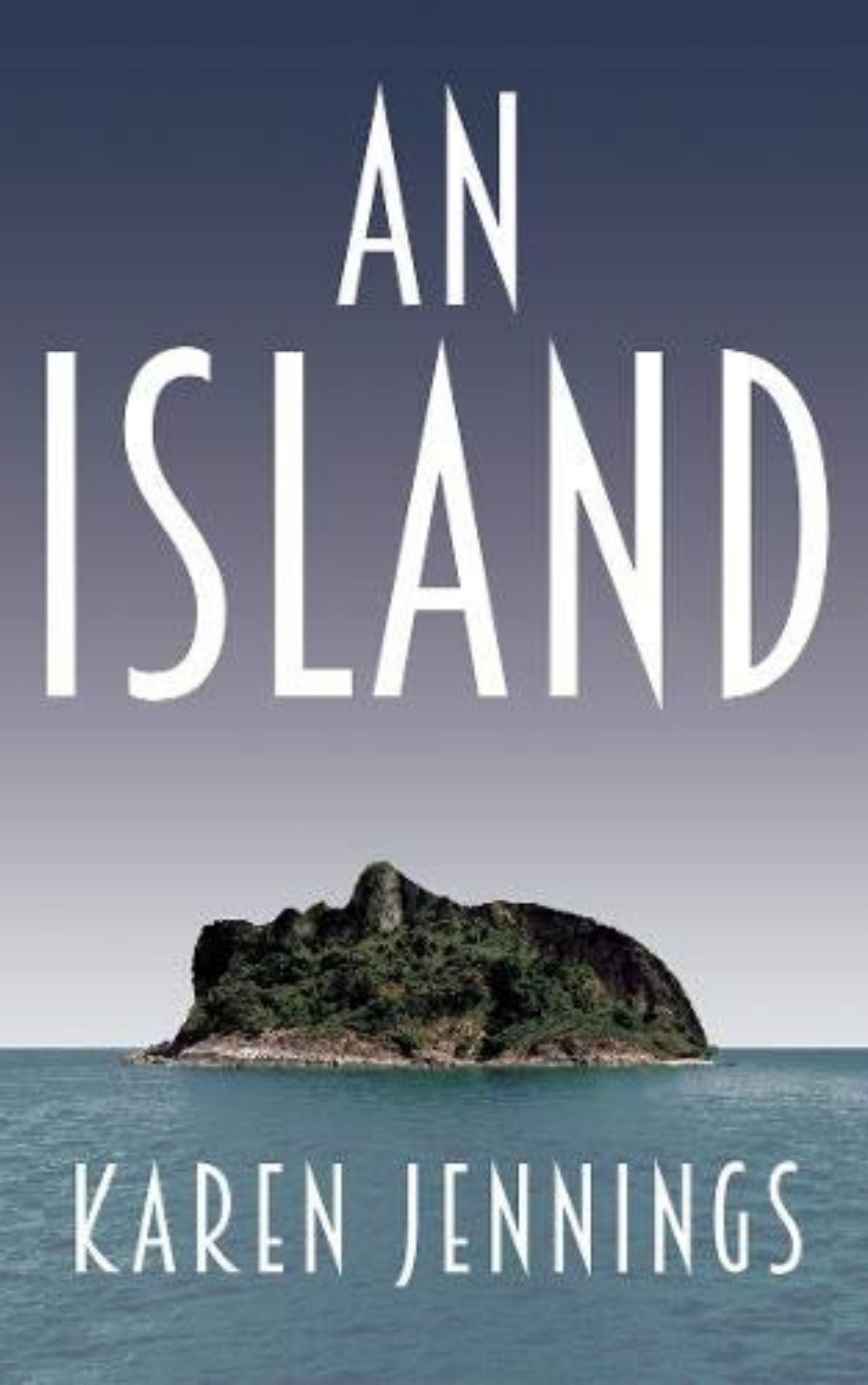
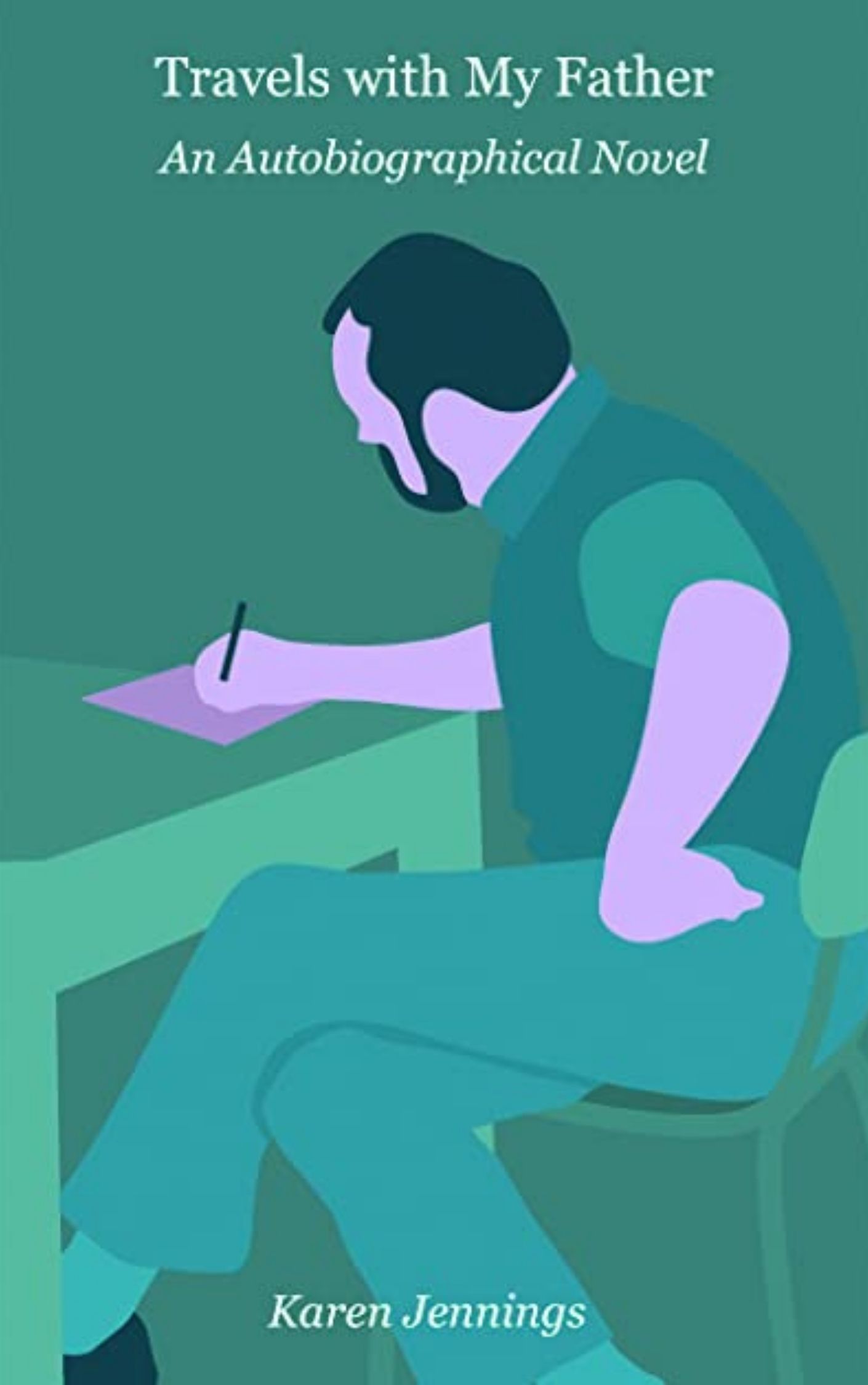
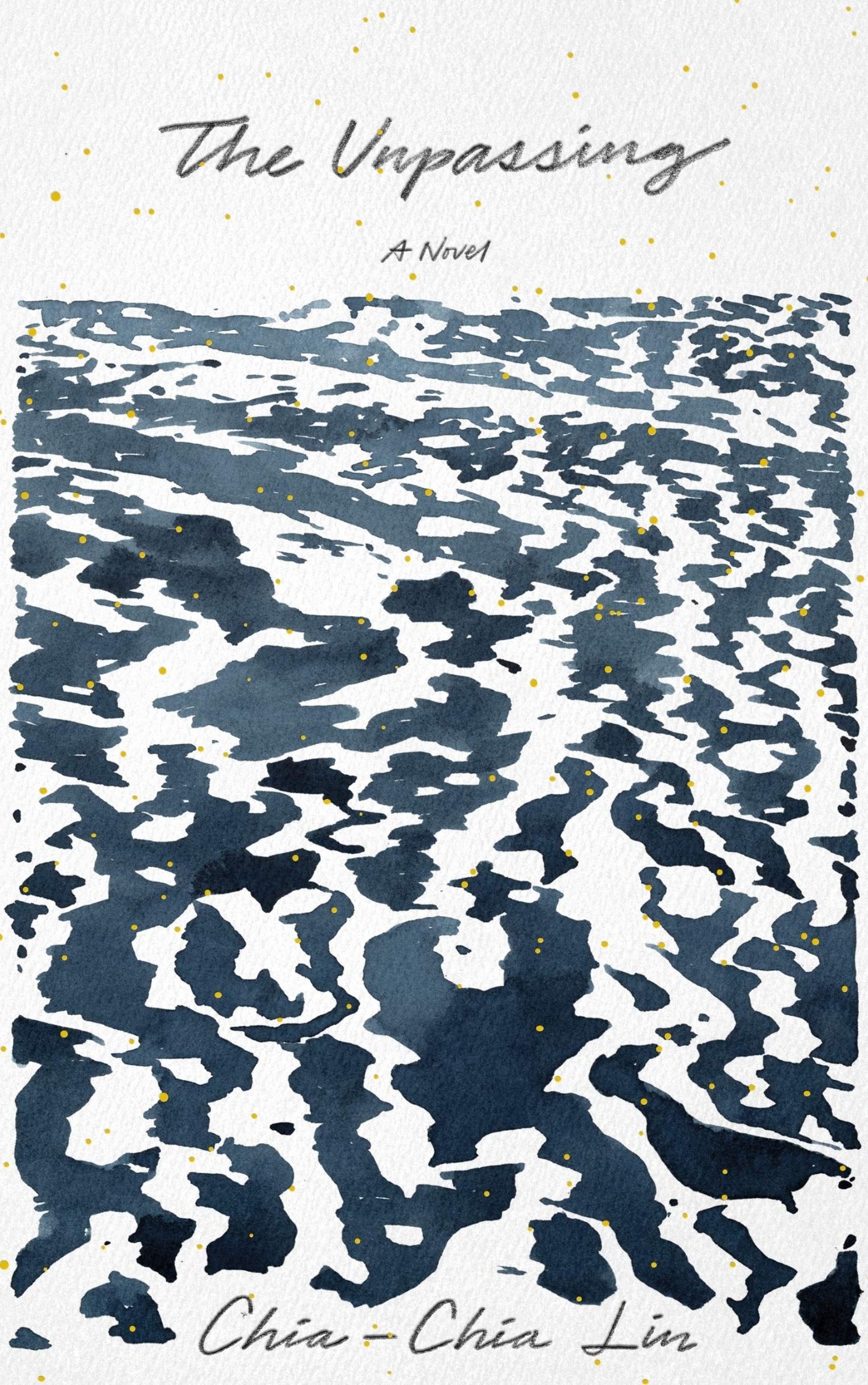
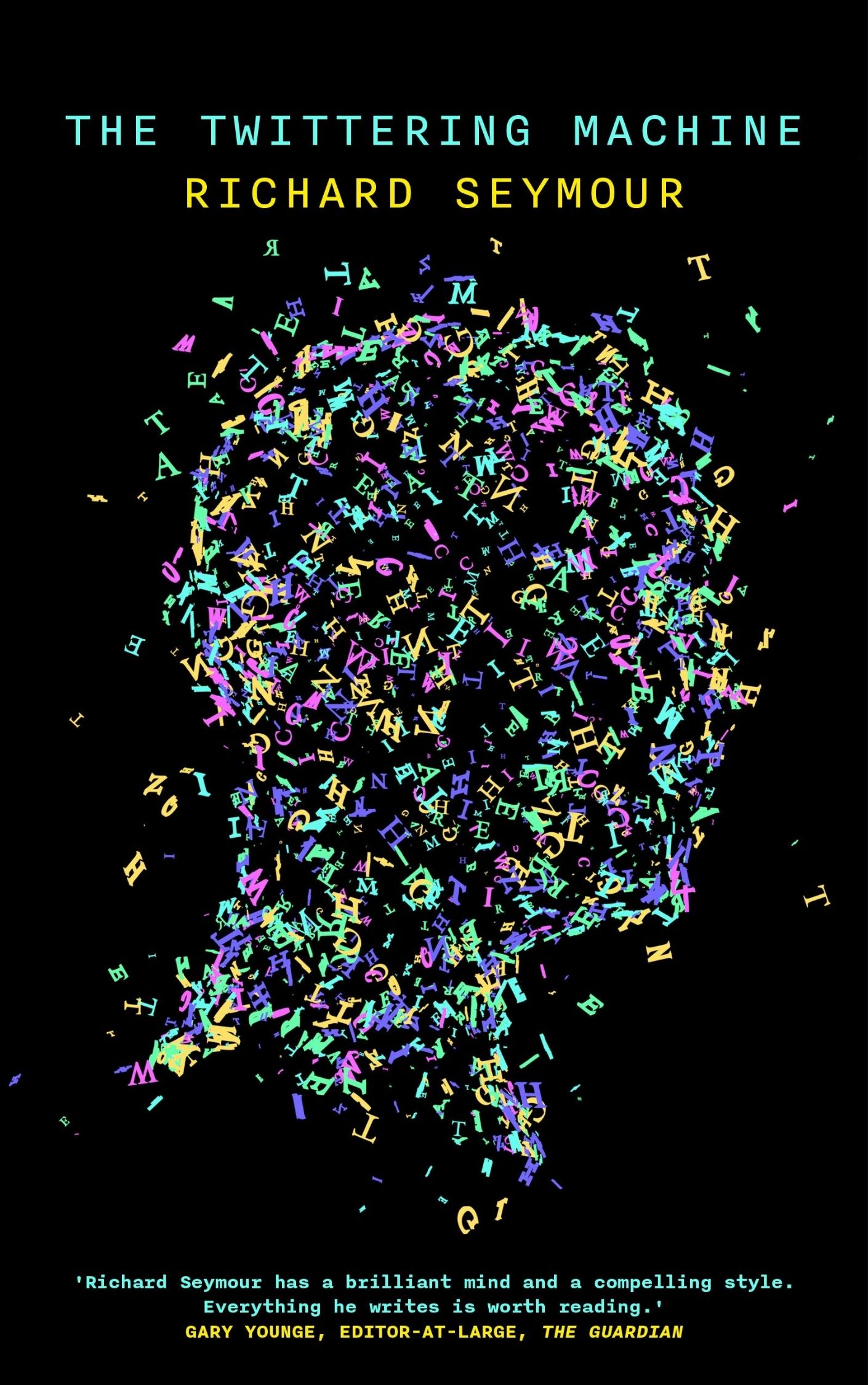
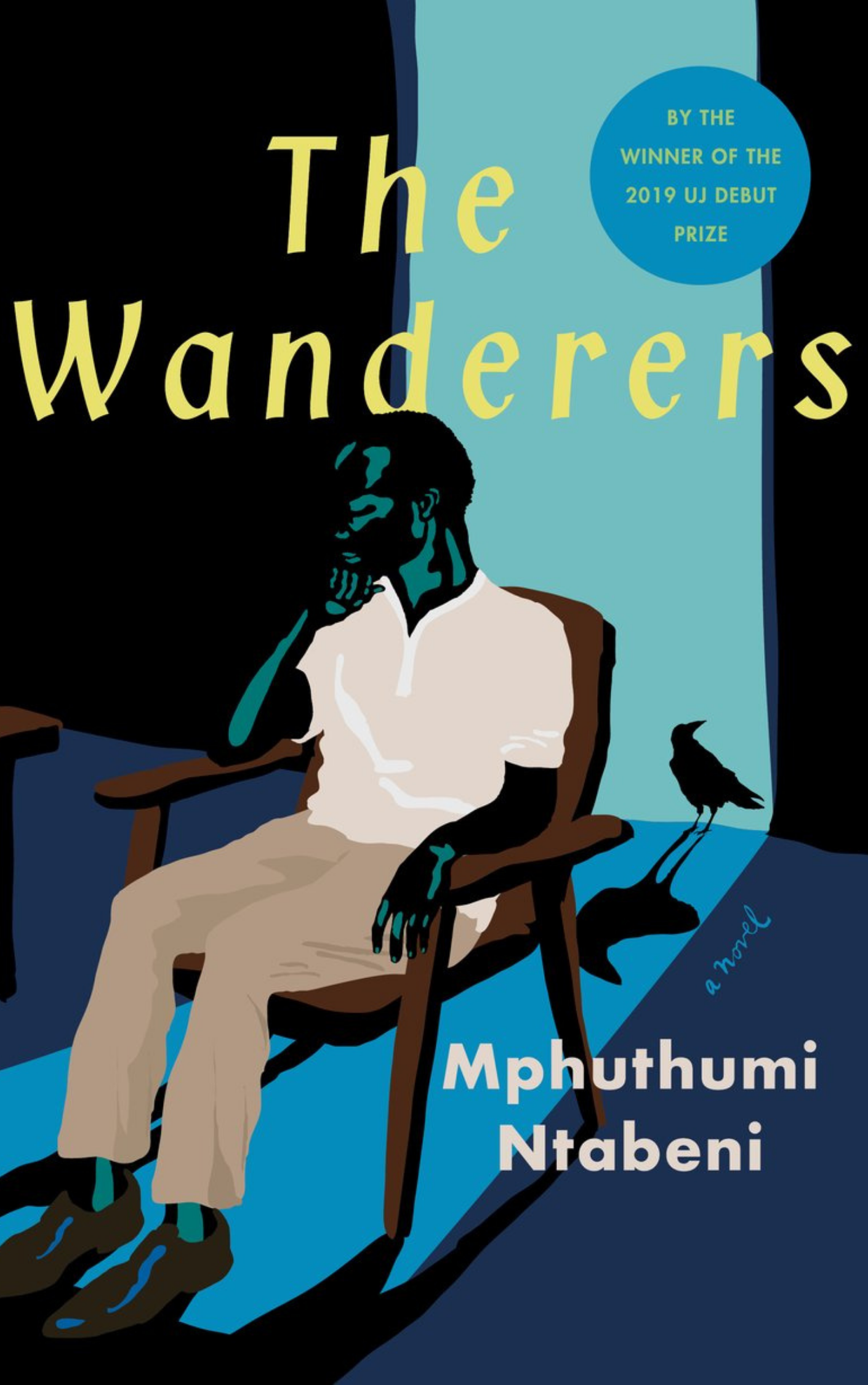
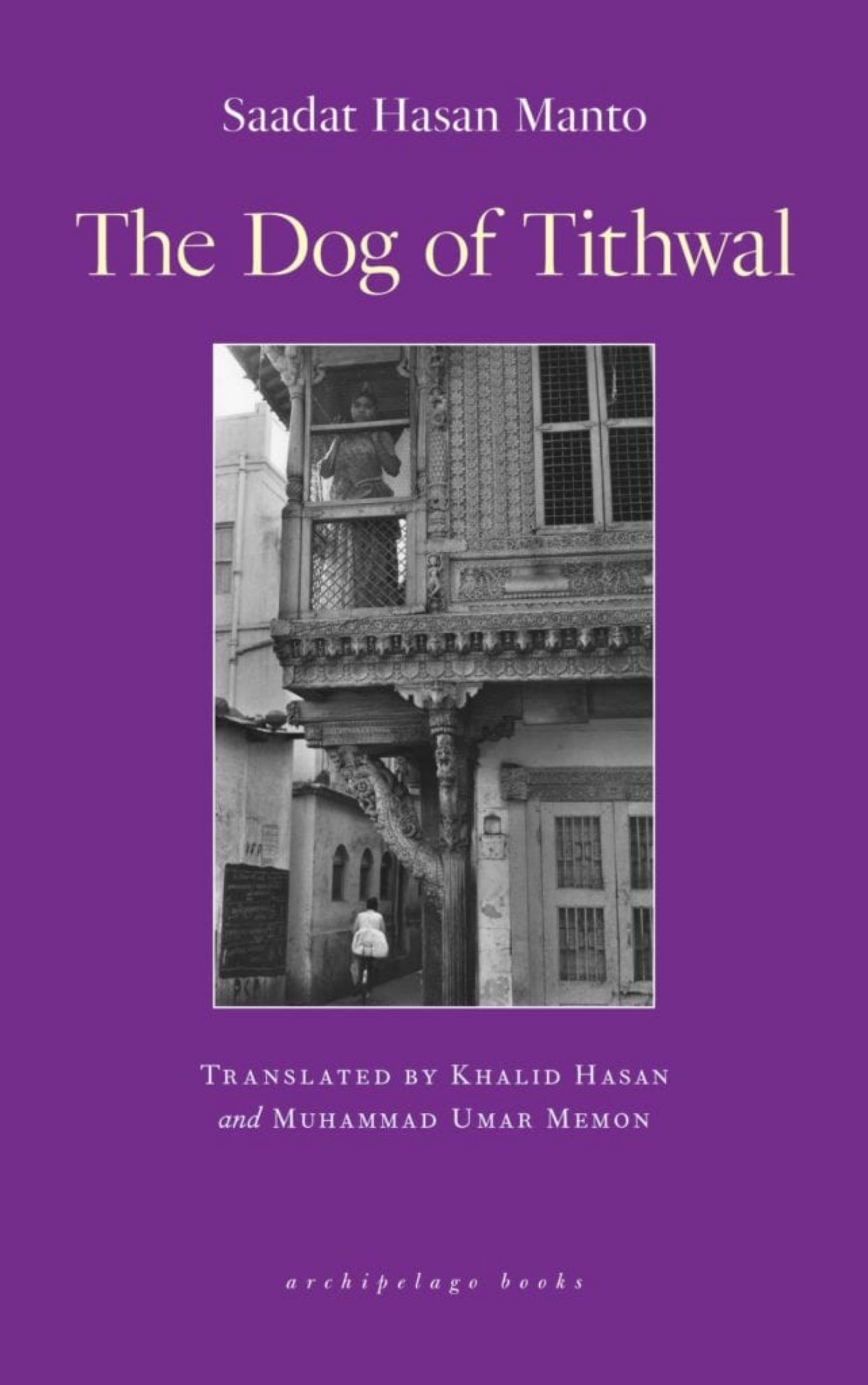
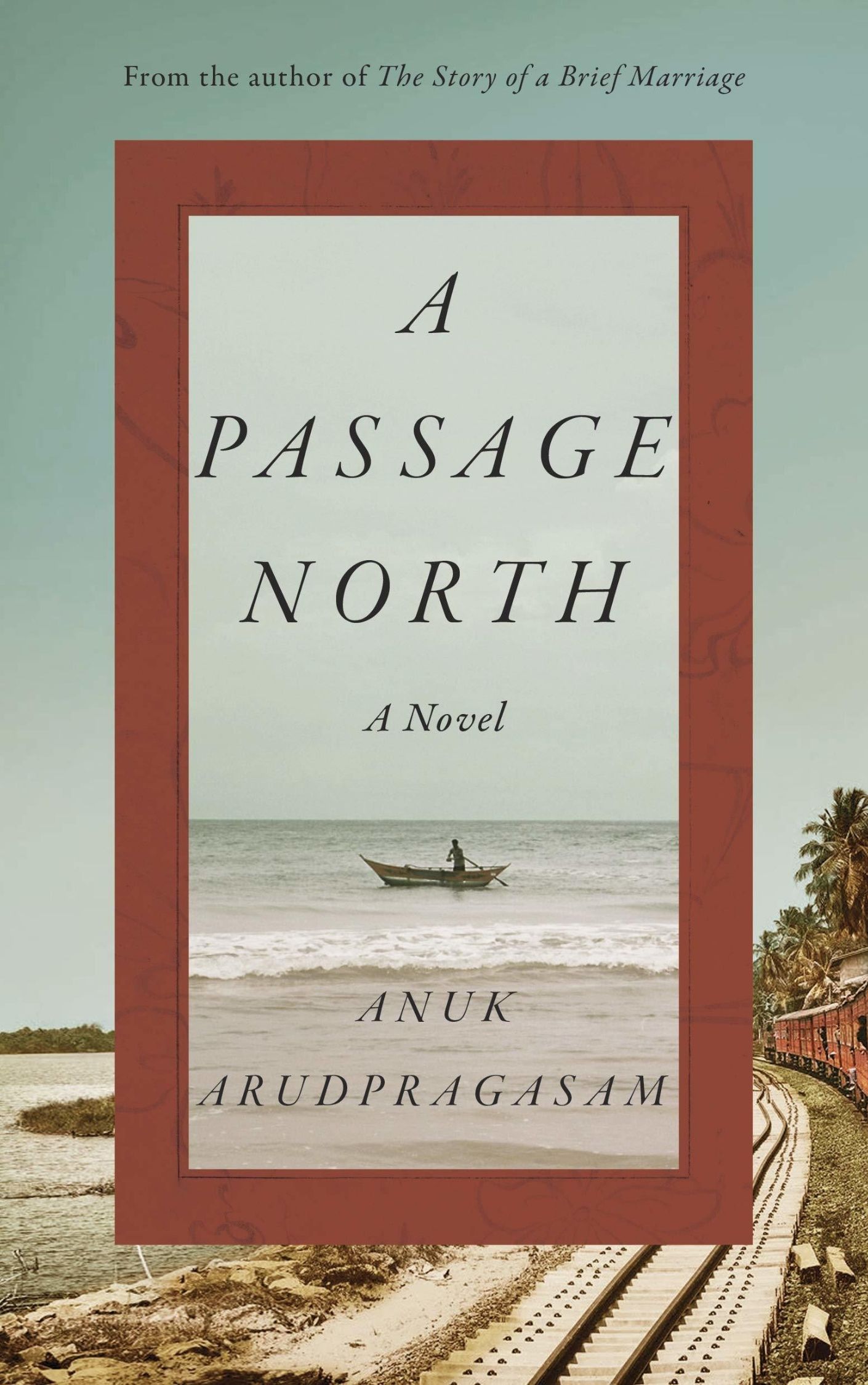
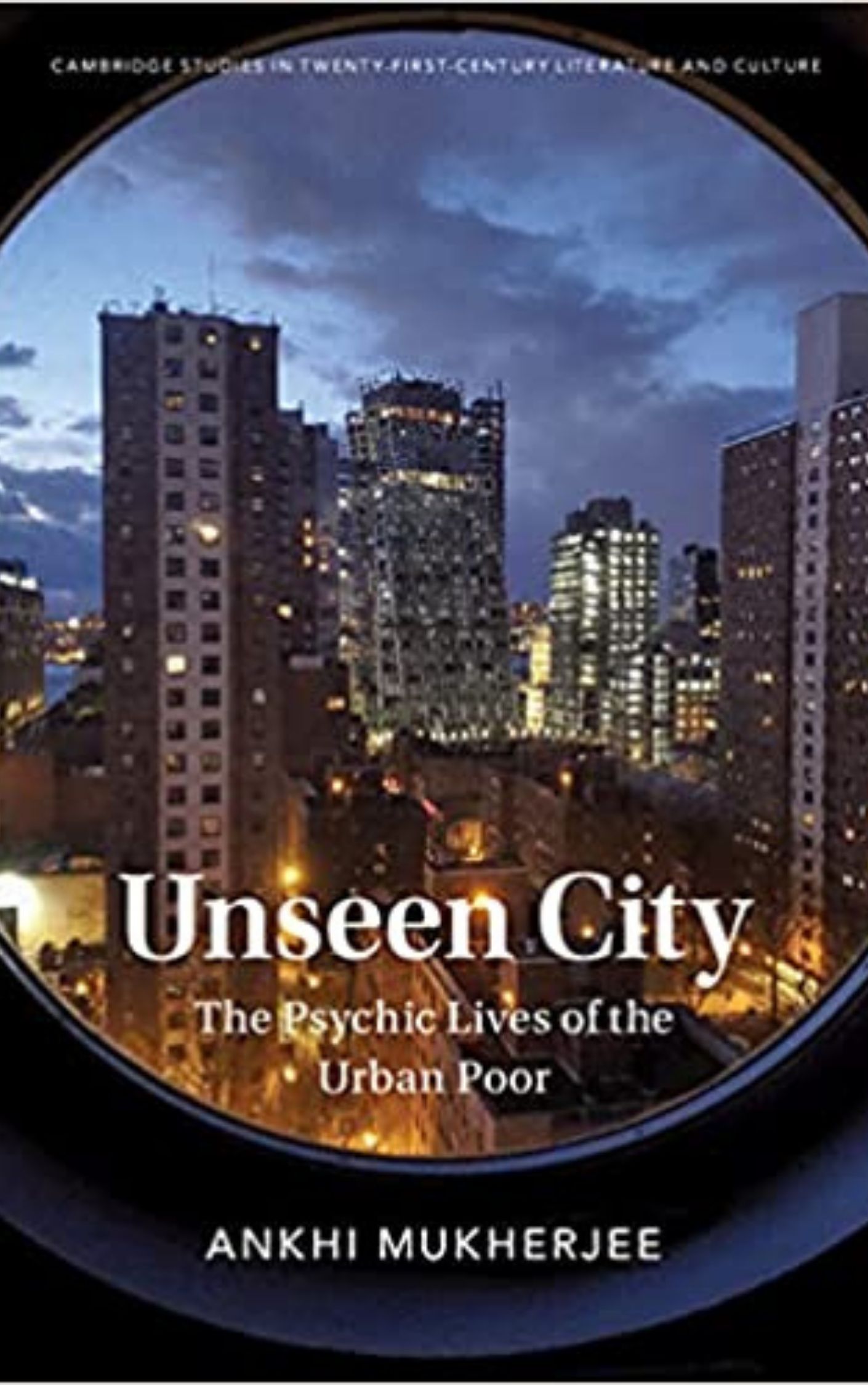

COMMENTS -
Reader Interactions